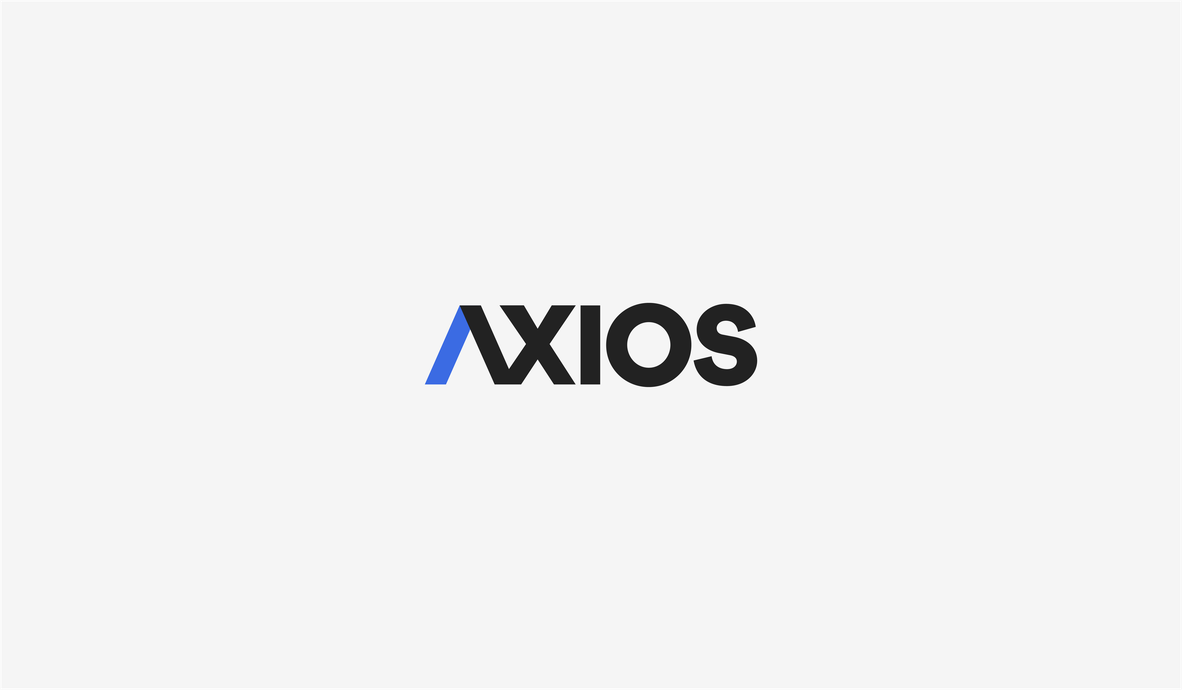By Ephrat Livni. January 12, 2023. (New York Times).
The Securities and Exchange Commission on Thursday charged the cryptocurrency lender Genesis Global Capital and the cryptocurrency exchange Gemini Trust with offering unregistered securities through a program that promised investors high interest on deposits.
The S.E.C. said that Genesis, a subsidiary of Digital Currency Group, and Gemini, which is run by Tyler and Cameron Winklevoss, had raised billions of dollars of assets from hundreds of thousands of investors without registering the program, which was called Gemini Earn.
By doing so, Genesis and Gemini bypassed “disclosure requirements designed to protect investors,” Gary Gensler, the S.E.C. chair, said in a statement. He added that the charges should “make clear to the marketplace and the investing public that crypto lending platforms and other intermediaries need to comply with our time-tested securities laws.”









